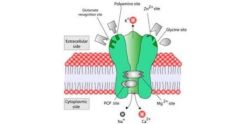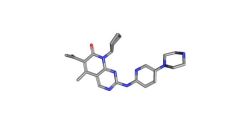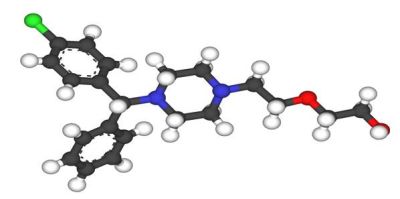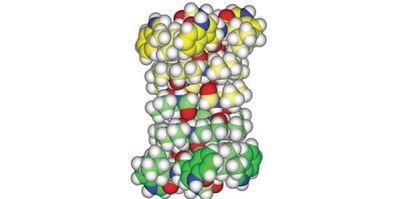Scientists from the Florida Campus of The Scripps Research Institute (TSRI) have shown that their drug candidate can target biological pathways involved in the destruction of the brain cells in Parkinson's disease.
The pair of related studies has been published in the Journal of Medical Chemistry and Scientific Reports. The findings suggest that it is possible to design a drug candidate that is highly effective and selective and protects the function of mitochondria thus preventing brain cell death.
The drug candidates act on the JNK kinases - JNK1, JNK2 and JNK3. JNK is linked to many components of Parkinson's disease including oxidative stress and programmed cell death.
“These are the first isoform selective JNK 2/3 inhibitors that can penetrate the brain and the first shown to be active in functional cell-based tests that measure mitochondrial dysfunction,” said Philip LoGrasso, a TSRI professor who led both studies. “In terms of their potential use as therapeutics, they’ve been optimised in every way but one—their oral bioavailability. That’s what we’re working on now.”
The findings of these studies provide hope for a therapy that could potentially prevent the degeneration of brain cells in Parkinson's disease.
According to Dr. HaJeung Park, Director of Scripps Florida's X-ray Crystallography Core Facility and the author of the Scientific Reports study, the tested compounds had a high level of selectivity that ranged as high as 20,000 fold against competing targets. They were extremely effective against oxidative stress and mitochondrial dysfunction.
The researchers also found that JNK3 was primarily responsible for the high level of JNK3 selectivity. This can help limit the potential side effects of a drug. Recent studies have also shown that JNK3 plays a central role in brain cell death in Parkinson's disease and Alzheimer's disease. The researchers believe that their JNK3 drug candidate could also be used to treat ALS.
Both these studies were supported by the Department of Defense and the National Institutes of Health.
Source: Scripps Research Institute
Image Credit: MichaelJFox.org























